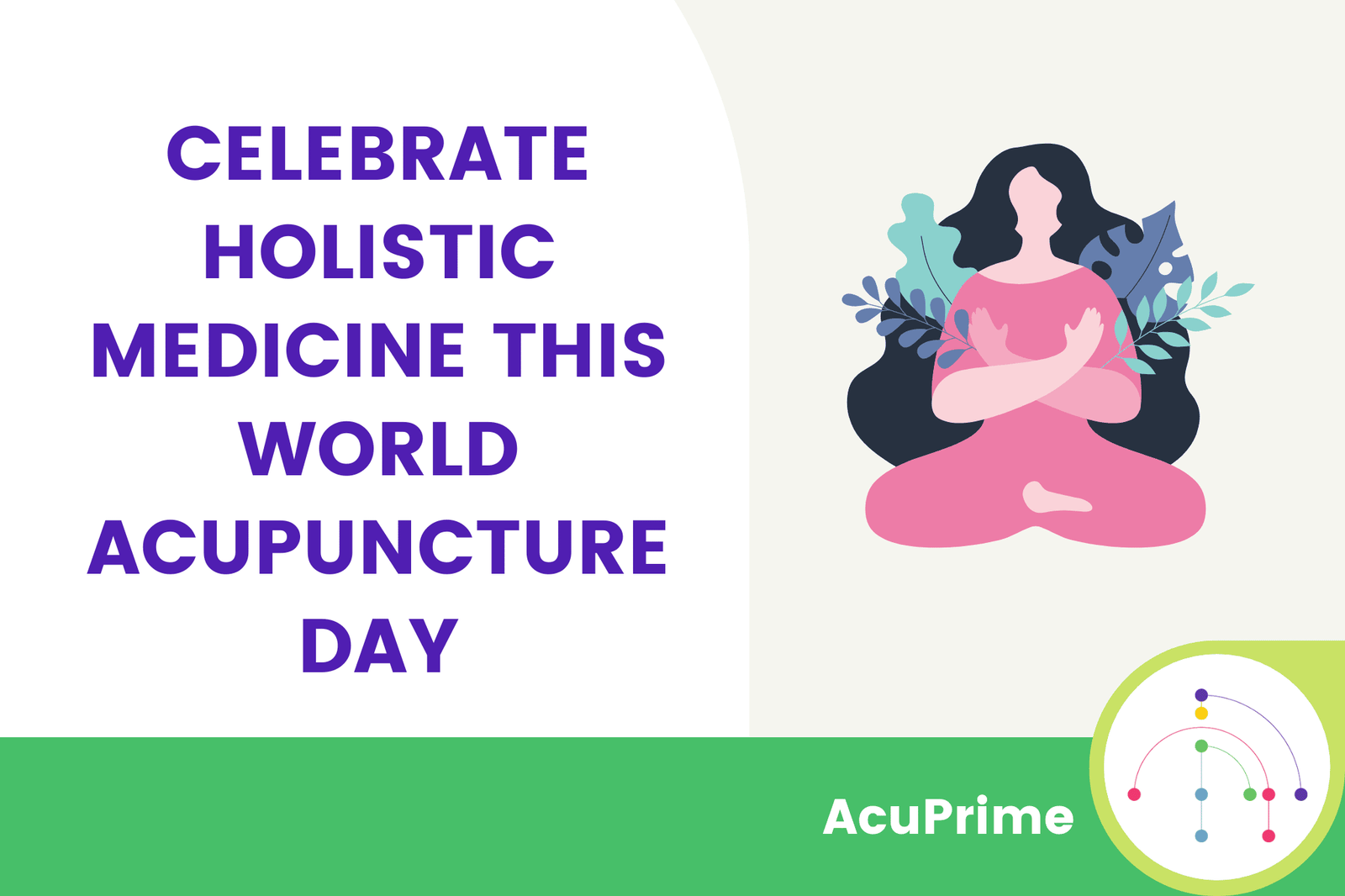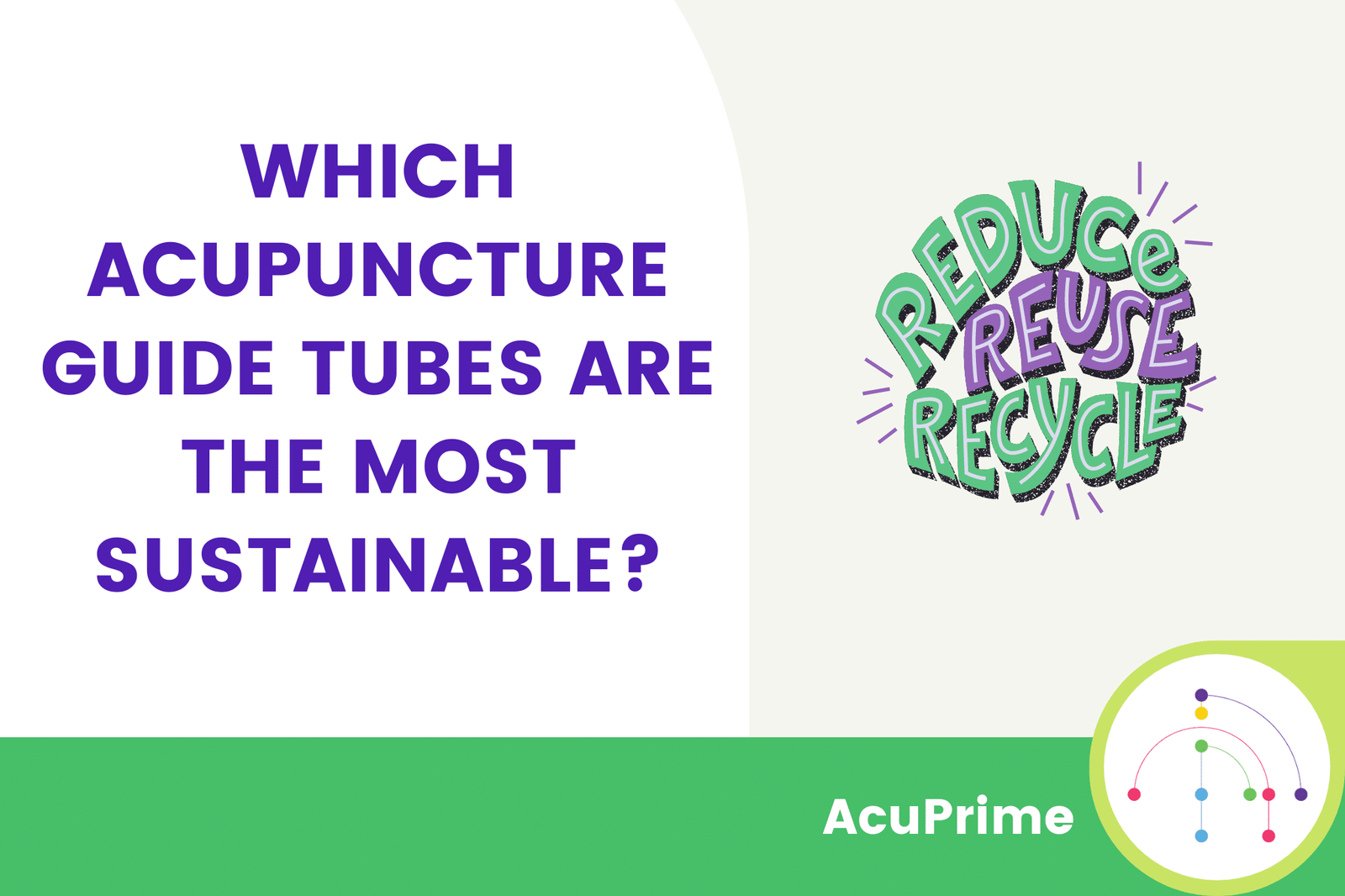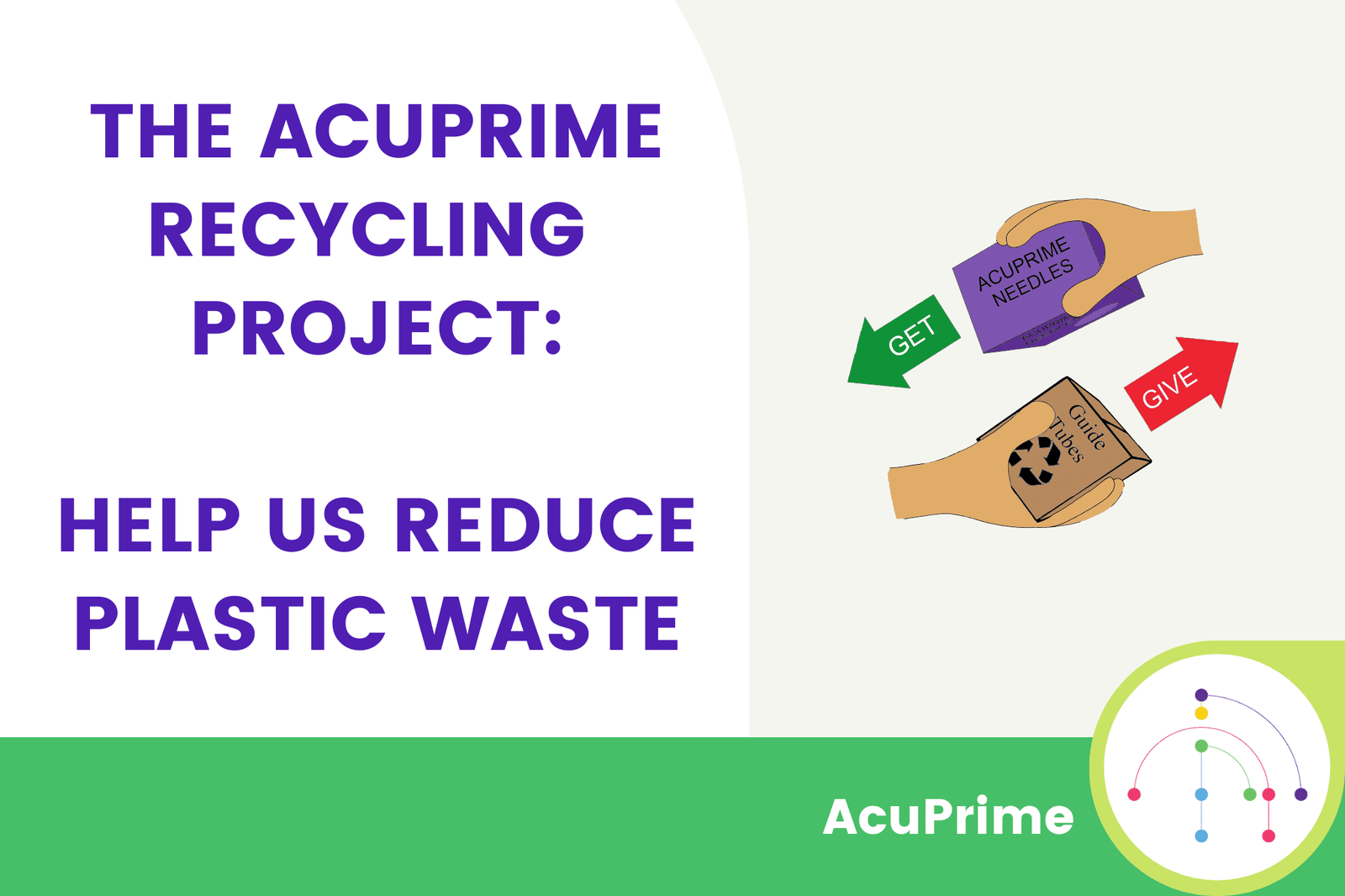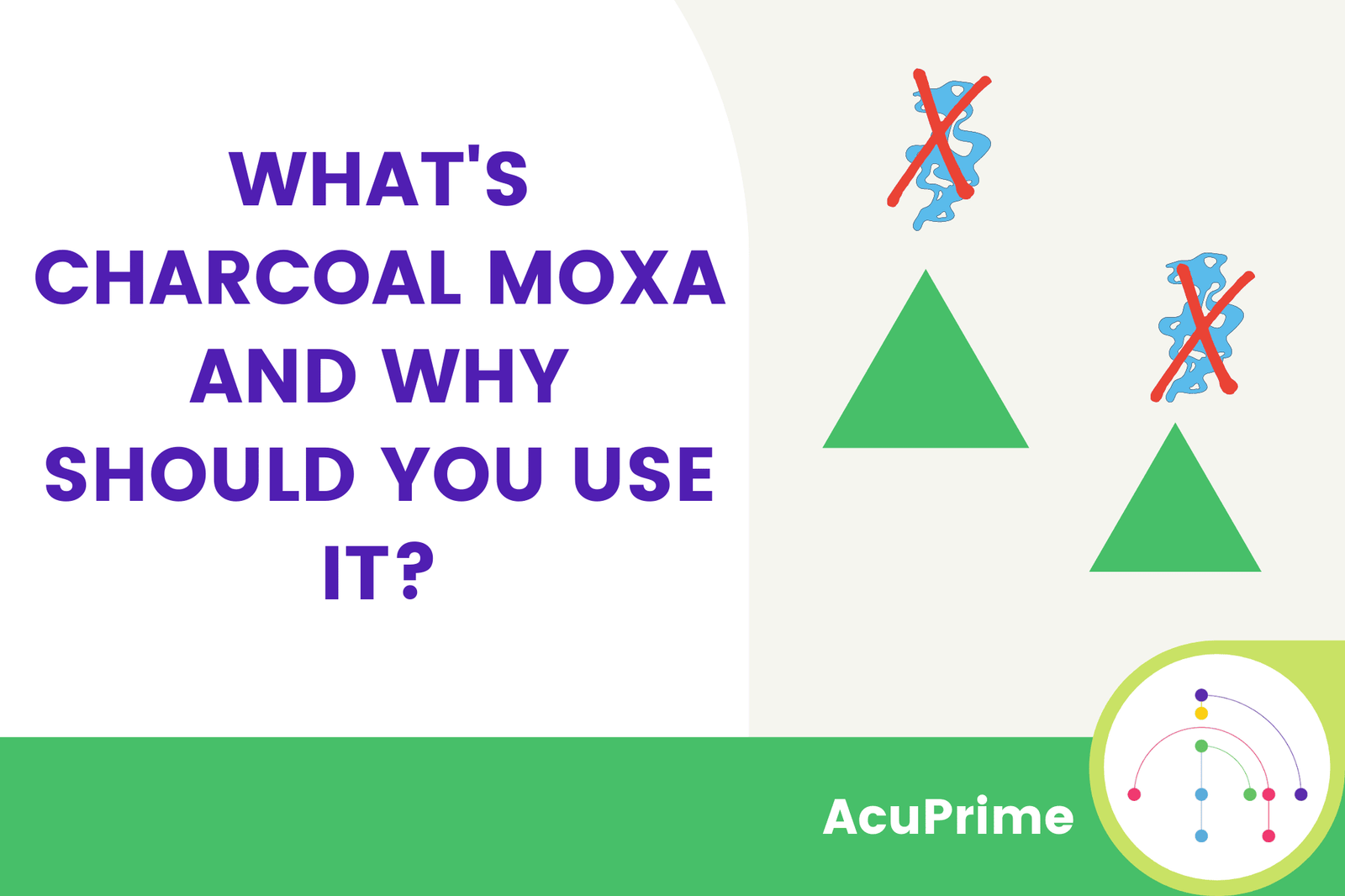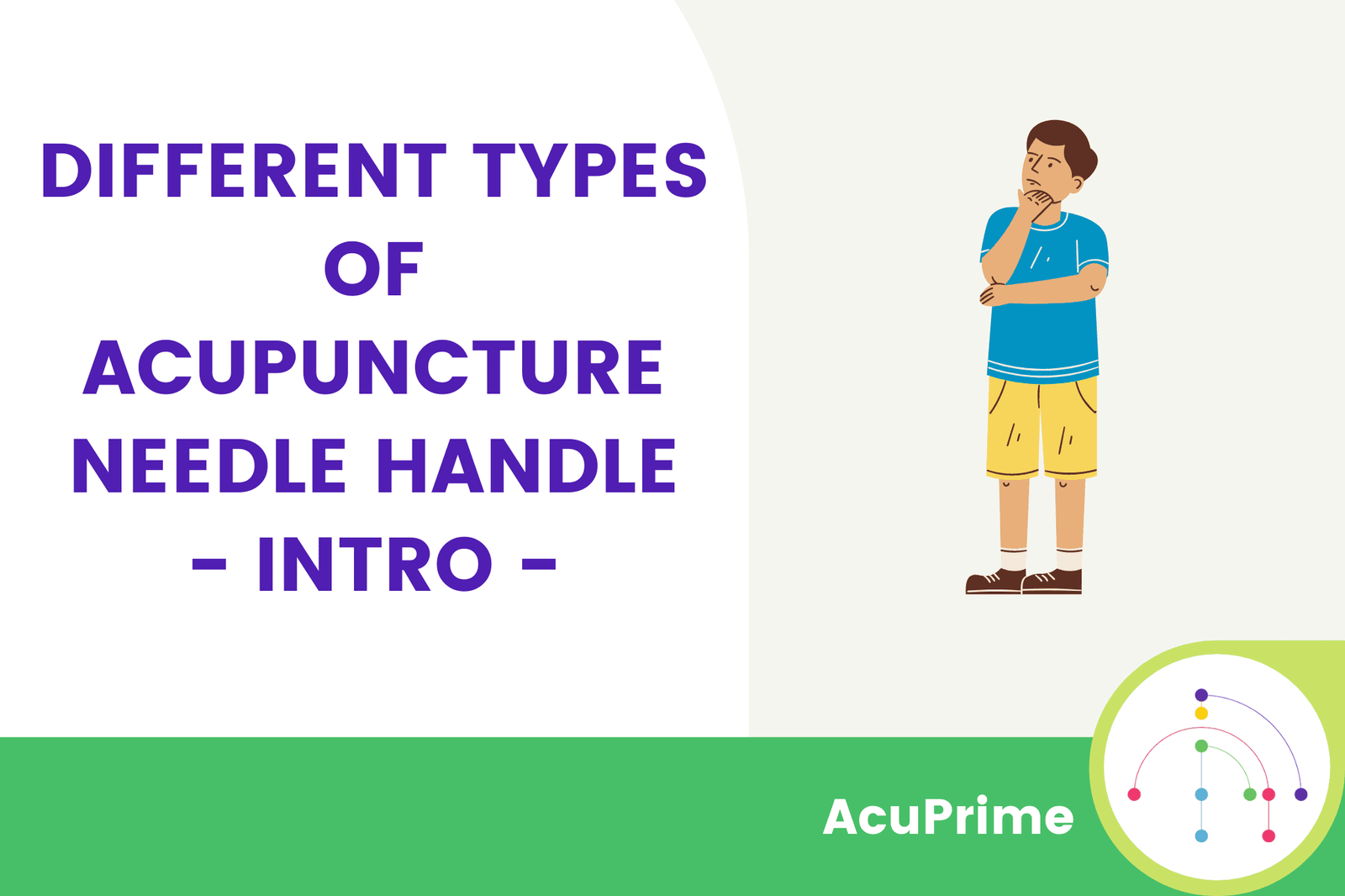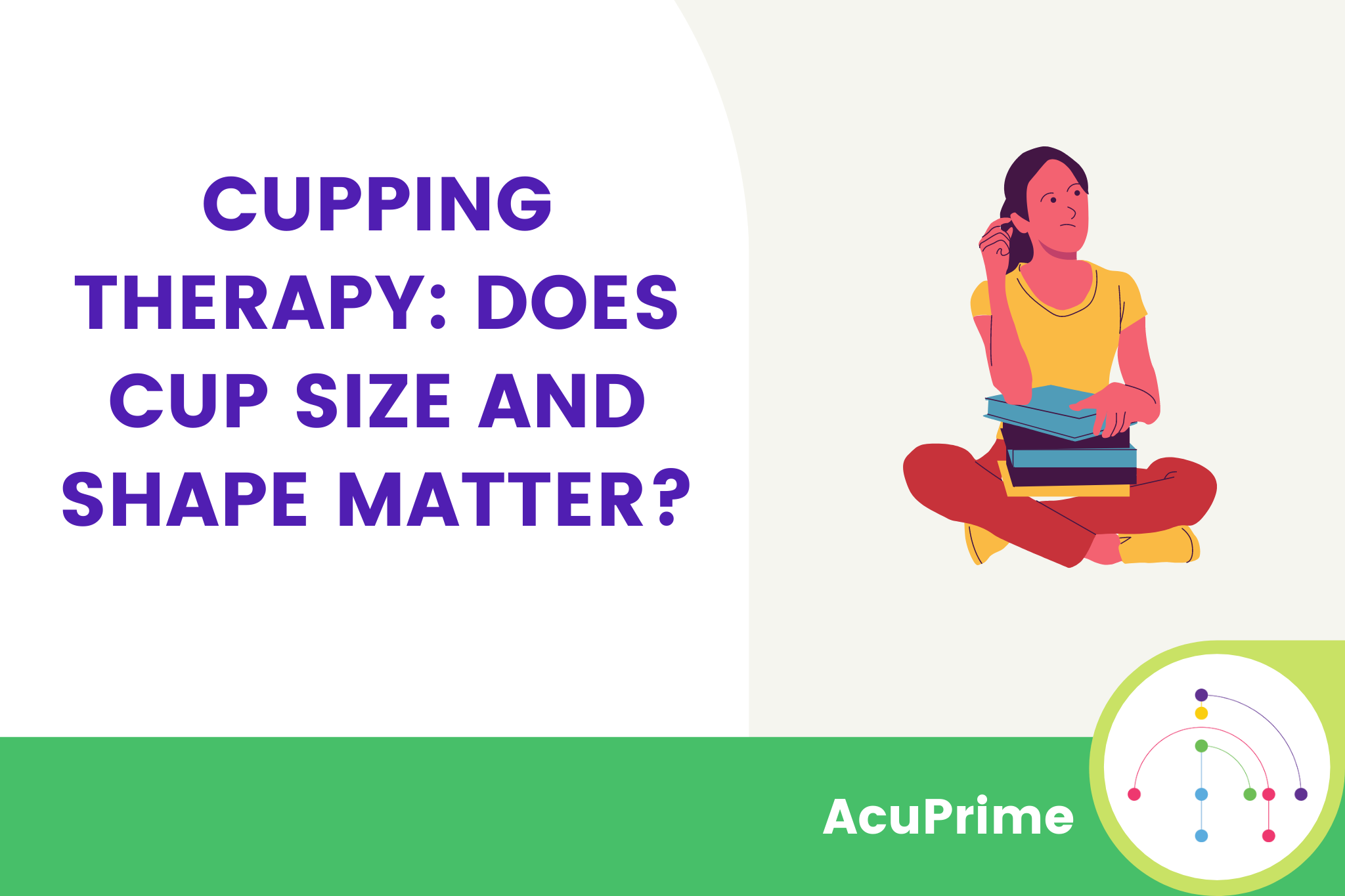In ancient times, a holistic approach to healthcare was far more common than it is today. In fact, the oldest systems of healthcare, like Ayurveda and Traditional Chinese Medicine, take a firmly holistic view.
When modern medicine exploded onto the scene though, the holistic method went out the window. Instead, doctors and healthcare providers favoured illness-specific management. While this was, and is, useful for many acute issues, it ignores far too much.
Many illnesses and health issues do not exist in isolation. They’re often a symptom of another underlying issue or lifestyle habit. A holistic approach looks at the root cause of health issues and works to solve that, thereby solving the issue itself.
While it would require significant time and training for all healthcare providers to practice holistically (and there are hardly the funds), the two foundations of good health can be learned in order to provide patients with a more holistic approach.
Today, I want to talk about just one of those foundations.
Nutrition and Its Role in Health
We all know that eating junk food every day makes us sick and is a major contributor to myriad diseases, but it’s only recently that stronger links between nutrition and health have been revealed.
To many, this ‘revelation’ is a bit of a ‘Yeah, duh’ moment. After all, surely it’s self-evident that filling our plates with plant-based foods and eating a varied diet is good for us? For many others though, the connection between good nutrition and long-term risk-reduction of disease comes as a surprise.
Doctors with nutritional expertise, especially those in the public eye such as Dr Rangan Chatterjee, have been studying the effects of a good diet on patients with existing diseases. Studies are finding that a good diet can effectively manage and even reverse disease.
It’s becoming clearer and clearer that many health conditions can be reduced or even prevented entirely with excellent nutrition, something that the majority of people in the West can achieve. However, the education system has not caught up with the science and for adults and the elderly, nutritional education may never have occurred to them.
The Role of Healthcare Providers in Nutritional Education
As I discussed in last week’s article on the role of physiotherapists supporting obese patients, physios and other healthcare providers can play a key role in nutritional education.
Already respected and highly qualified individuals, healthcare providers are perfectly placed to pass on specific nutritional education to their patients. There is often overlap between health conditions and diet, whether it’s a direct contributor or a secondary issue that would improve the situation.
Sleep is an excellent example. A poor diet has been shown to negatively affect sleep quality and this has sweeping ramifications for overall health. With poor sleep quality, the patient’s immune system and recovery time are affected, impacting any health issues they present with.
Most healthcare providers are pushed for time in appointments but providing basic nutritional guidance and an explanation of the benefits could make all the difference. The more patients hear about the importance of a healthy diet – and what constitutes such – the more likely they will be to take action.
With adverts for junk food prevalent, healthcare providers can be a reputable source of quality information and try to combat the negative advertising. Without healthcare providers stepping in to educate patients about dietary choices, many people may never get the opportunity to receive such education.
Holistic Health and Nutrition
Many healthcare providers in the complementary space already focus on holistic health and are well-placed to increase their training with nutritional expertise. Not only can you expand your services to include this, but you already have a pool of patients actively looking to improve their health.
Holistic practitioners are keenly aware that overall health is an important consideration and when diet is taken into account, beneficial changes can take place. In this age when we are overfed, under-exercised and overworked, perhaps it’s time for all practitioners and healthcare workers to take a more holistic approach.
Do You Work In Holistic Healthcare?
Holistic healthcare has been the basis for human health for thousands of years and it’s great to see it returning to the public eye. The roles of nutrition and exercise in disease prevention are huge and only by taking a holistic view of the body, can we implement a healthy lifestyle.
If you work in holistic healthcare and complementary medicine, we provide high quality equipment to enable you to do your job better. From acupuncture needles to cupping tools, we carry a wide range of complementary therapy supplies.
Get in touch with our team today to see how we can help you get what you need.


